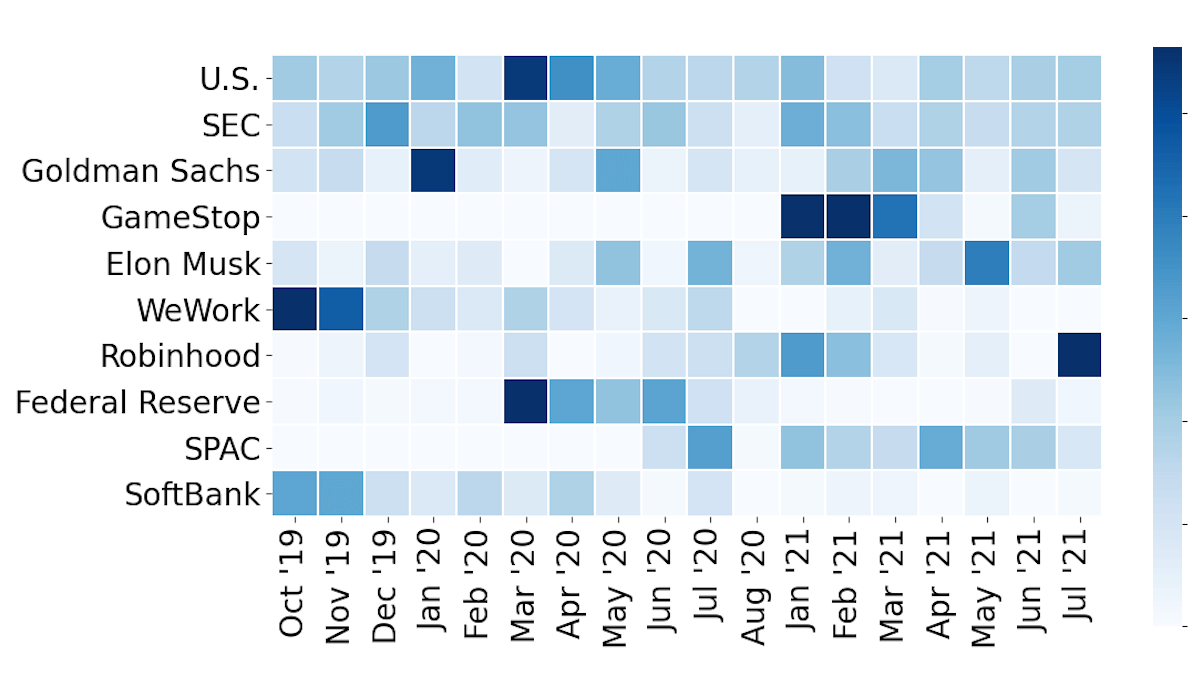2. Out for delivery. Also, while personal EVs get most of the attention, they’re not the only kind of electric vehicle on the road. Many big companies like Amazon have switched at least part of their vehicle fleet over to electric, purchasing over $1 billion worth of Rivian vehicles in 2024 alone. And if battery prices continue to drop, it may make sense for even some heavy-duty tractor trailer operators to switch over. If these companies push for EVs, they have so much cash and weight behind them that the infrastructure and rest of the market may follow, even if individual consumers are still unsure.
3. The US is not the only market—and it’s not the biggest. While it looks as though U.S. auto makers are now walking back from visions of an all-electric future, they’re not closing up shop. In August, Ford announced they were investing a further $5 billion into electric vehicle production. Part of the logic might be that, while the U.S. is a major market, it’s not the only one. And even if the US cools down, the world at large is still pushing ahead. Globally, around 1-in-5 new cars sold is now electric. In China, that number is nearly 1-in-2. If U.S. automakers want to tap into those markets, they’ll need to be prepared to meet the demand.
• • •
What to Keep An Eye On
1. Battery tech. Batteries are the heart of electric vehicles, so any changes or breakthroughs in battery technology (like China’s all-solid-state battery, battery-swapping stations, or something more experimental) has the potential to really shake-up the EV market.
2. Chip shortages. While batteries are important, another component worth keeping an eye on are computer chips. Modern cars (both electric and gas to be fair) rely on a bevy of internal computers to function. In some ways, they have as much in common with a computer network as a steam engine. Shortages or supply chain issues around semiconductor chips could slow down production.
3. Changes to the electrical grid. If electric vehicles do take over, how will that change our electrical grid? We’ll need more chargers, for sure, but some experts are investigating even more interesting changes, as Anthropocene covered in September. One idea is whether we could use electric vehicles as on-grid energy storage (imagine an agreement to let the power company tap your car battery during high demand hours in exchange for lower rates later, for instance, or being able to power your house or even an entire neighborhood off car batteries during a blackout).
.png)




